Table of Contents
- Importance of Protein
- Protein and Thermogenesis
- Protein and Satiety
- Protein and Muscle Maintenance
- Protein and Metabolism
- Protein as a Nutrient
- Maintaining a Balanced Diet
1. Importance of Protein
Protein is a vital macronutrient required by our body for numerous functions, including weight loss. It plays a crucial role in supporting various metabolic processes and contributes to the overall functioning of our body.
2. Protein and Thermogenesis
Consuming protein-rich foods can increase thermogenesis, which refers to the amount of energy our body uses to digest and process nutrients. This means that your body burns more calories when metabolizing protein, aiding in weight loss.
Protein is an essential nutrient that plays a crucial role in various bodily functions, including weight loss. When it comes to shedding those extra pounds, incorporating an adequate amount of protein in your diet can be highly beneficial.
What is Protein?
Protein is one of the three macronutrients, along with carbohydrates and fats. It is composed of amino acids, which are the building blocks of our body. Proteins are responsible for repairing and building tissues, supporting immune function, and contributing to various physiological processes.
Protein and Weight Loss
Protein plays a crucial role in weight loss due to its effect on thermogenesis. Thermogenesis refers to the process of heat production in our body. When we consume protein, our body needs more energy to digest and process it compared to other macronutrients like carbohydrates and fats. This increased energy expenditure during digestion is known as the thermic effect of food (TEF).
TEF contributes to the overall energy expenditure, which in turn can aid weight loss by increasing metabolism and calorie burn. Moreover, consuming adequate protein can help reduce cravings and promote satiety, keeping you fuller for longer periods. This can lead to a reduction in calorie intake, supporting weight loss goals.
Benefits of Protein for Weight Loss
Incorporating protein-rich foods into your weight loss journey offers several benefits:
- Boosts metabolism and increases calorie burn
- Promotes feelings of fullness and reduces cravings
- Preserves lean muscle mass during weight loss
- Aids in muscle repair and recovery after workouts
- Supports overall bodily functions and immune system
Sources of Protein
You can obtain protein from a variety of sources, including:
- Lean meats such as chicken, turkey, and lean cuts of beef
- Fish and seafood
- Eggs
- Dairy products like Greek yogurt, cottage cheese, and milk
- Legumes such as lentils, chickpeas, and beans
- Nuts and seeds
- Soy products like tofu and tempeh
It is important to maintain a balanced diet and consult with a healthcare professional or nutritionist to determine your specific protein requirements for weight loss based on your individual needs.
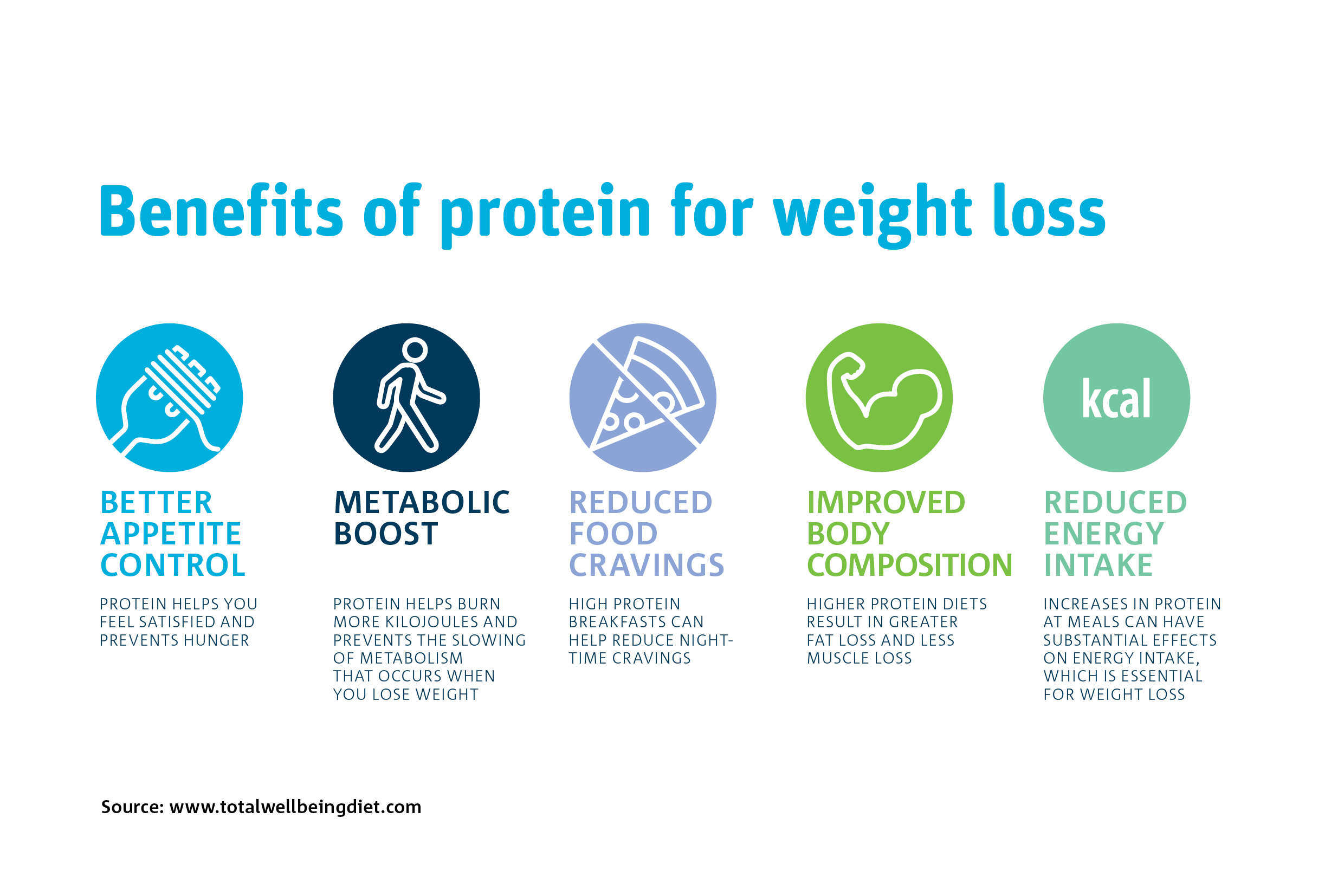
3. Protein and Satiety
Protein has a higher satiety value compared to carbohydrates or fats, keeping you feeling full and satisfied for a longer time. Including protein in your meals can reduce hunger pangs and prevent overeating, helping with weight management.
Protein is a vital nutrient that plays a crucial role in weight loss. When it comes to shedding pounds and maintaining a healthy weight, protein should be an essential component of your diet.
1. Increased Satiety
One of the primary reasons why protein is important for weight loss is its ability to enhance satiety. When you consume protein-rich foods, such as lean meats, fish, eggs, legumes, and dairy products, you tend to feel fuller for a longer duration. This feeling of fullness helps in reducing overall calorie intake by curbing hunger and preventing excessive snacking between meals.
2. Boosts Metabolism
Protein also plays a key role in boosting your metabolism. When you consume protein, your body expends more energy during digestion compared to carbohydrates and fats. This process is known as the thermic effect of food. As a result, your metabolism speeds up, leading to more calories burned throughout the day, even at rest. By increasing your protein intake, you can effectively raise your metabolic rate and aid in weight loss.
3. Preserves Lean Muscle Mass
During weight loss, it is essential to preserve lean muscle mass as it contributes to overall strength and helps maintain a higher metabolic rate. Protein provides the necessary building blocks for muscle repair and growth. By consuming adequate protein, you can support muscle tissue, prevent muscle loss, and promote fat loss instead.
Overall, incorporating protein into your weight loss journey can have numerous benefits. From increasing satiety to boosting metabolism and preserving lean muscle mass, protein is an essential nutrient for achieving your weight loss goals.
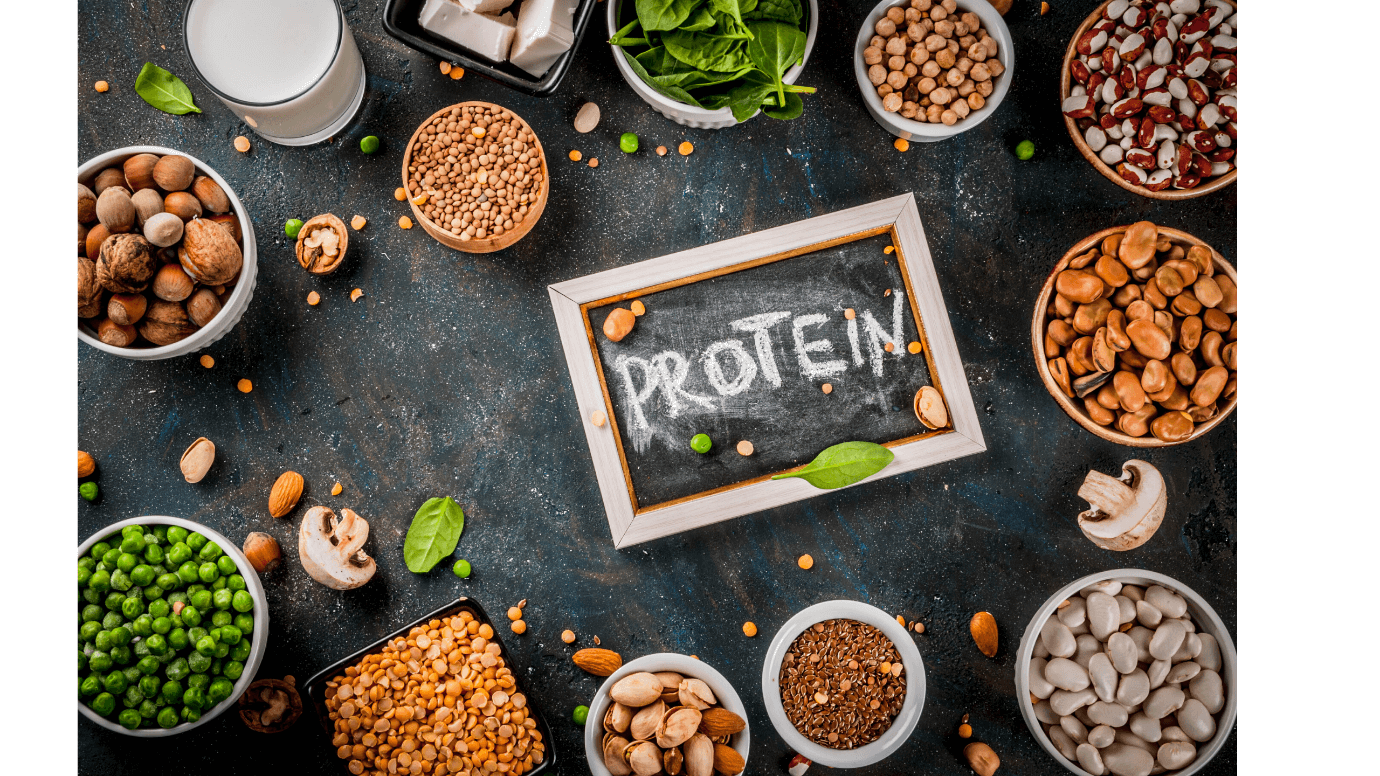
4. Protein and Muscle Maintenance
During weight loss, it's crucial to preserve muscle mass. Protein plays a key role in repairing and building muscle tissues. A high protein intake can help prevent muscle loss while promoting fat loss, resulting in a toned physique.
When it comes to weight loss, protein plays a crucial role in supporting muscle maintenance and overall success. Let's explore why protein is important:
1. Satiety and Reduced Cravings
Protein-rich foods help to keep you feeling full for longer periods, reducing the chances of overeating and unnecessary snacking. By incorporating adequate protein into your diet, you can better manage hunger and cravings, ultimately aiding in weight loss.
2. Increased Metabolism
Protein has a higher thermic effect compared to carbohydrates or fats. This means that the body burns more calories during the digestion and processing of protein-rich foods, resulting in an increased metabolic rate. By boosting your metabolism, you can enhance weight loss efforts.
3. Muscle Preservation and Growth
During weight loss, the body tends to break down both fat and muscle. Consuming sufficient protein helps to preserve and build lean muscle mass, which is essential for a toned appearance and a healthy metabolism. Maintaining muscle mass also helps to prevent a decline in your basal metabolic rate (BMR) as you lose weight.
4. Enhanced Fat Burning
Protein aids in the mobilization and breakdown of stored fat. By increasing protein intake, you can support your body in efficiently burning fat for energy. Additionally, protein-rich foods often have a lower caloric density, making them ideal for weight loss as they provide important nutrients while minimizing overall calorie intake.
In conclusion,
Protein is a vital component of a successful weight loss journey. Its ability to promote satiety, boost metabolism, preserve muscle mass, and enhance fat burning makes it essential for achieving and maintaining a healthy body weight. Incorporating protein-rich foods into your diet can significantly support your weight loss efforts.
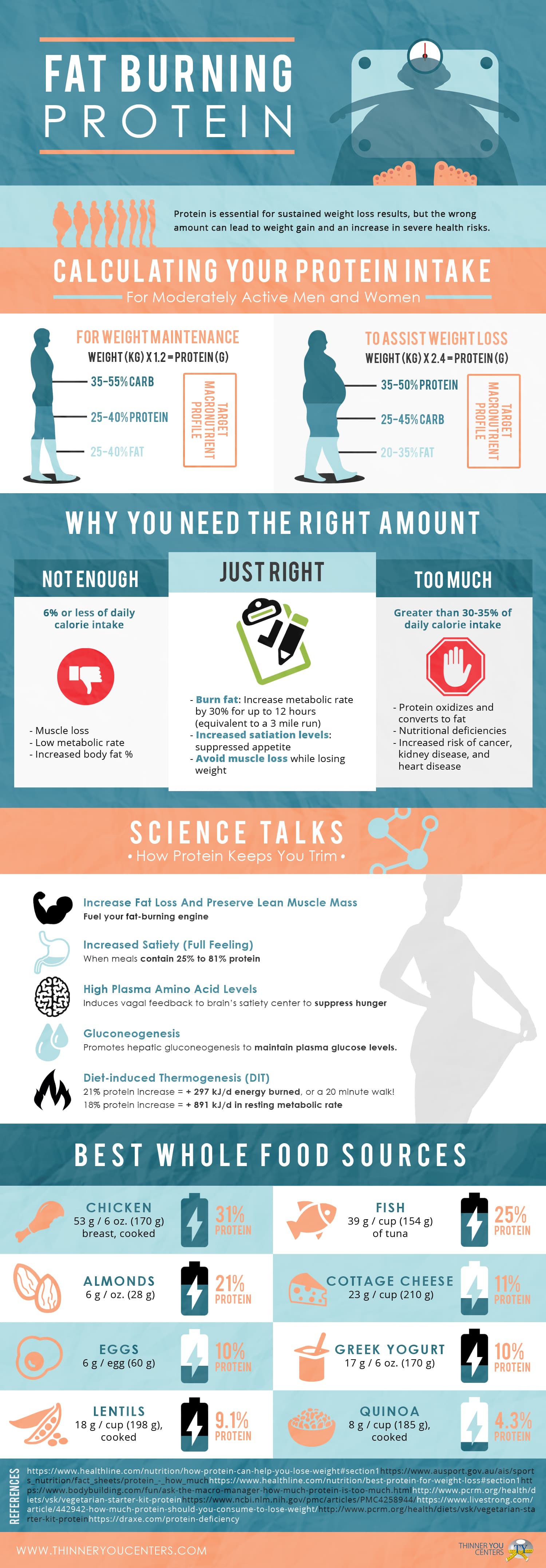
5. Protein and Metabolism
Protein consumption stimulates the production of specific hormones that boost metabolism. Increased metabolic rate helps burn more calories even at rest, making weight loss more effective.
When it comes to weight loss, incorporating enough protein into your diet is crucial. Protein plays a significant role in our body's metabolism, making it an essential nutrient for those looking to shed excess pounds.
First and foremost, protein is a key component in building and repairing body tissues, including muscles. During weight loss, it is common for individuals to experience muscle loss. Consuming adequate amounts of protein helps to counteract this effect by providing the necessary amino acids for muscle repair and growth.
Moreover, protein has a higher thermic effect compared to carbohydrates and fats. This means that our body requires more energy to digest, absorb, and metabolize protein. As a result, a greater number of calories are burned during this process, leading to an increase in overall metabolic rate. This heightened metabolic rate can contribute to weight loss by allowing the body to burn more calories even at rest.
Additionally, protein has a significant impact on satiety and appetite control. Including protein-rich foods in your meals and snacks helps to promote feelings of fullness and satisfaction, which can reduce overeating and unnecessary snacking. By keeping you feeling satisfied for longer periods, protein can assist in maintaining a calorie deficit and supporting weight loss goals.
Furthermore, protein has a beneficial effect on preserving lean body mass while promoting fat loss. As mentioned earlier, inadequate protein intake can result in muscle loss, which is undesirable during weight loss. By consuming enough protein, you can protect your muscle mass, allowing your body to primarily target fat stores for energy.
In conclusion, protein plays a critical role in weight loss due to its influence on metabolism, muscle preservation, appetite control, and satiety. Incorporating protein-rich foods into your diet can help optimize weight loss efforts and support a healthy and balanced approach to managing body weight.
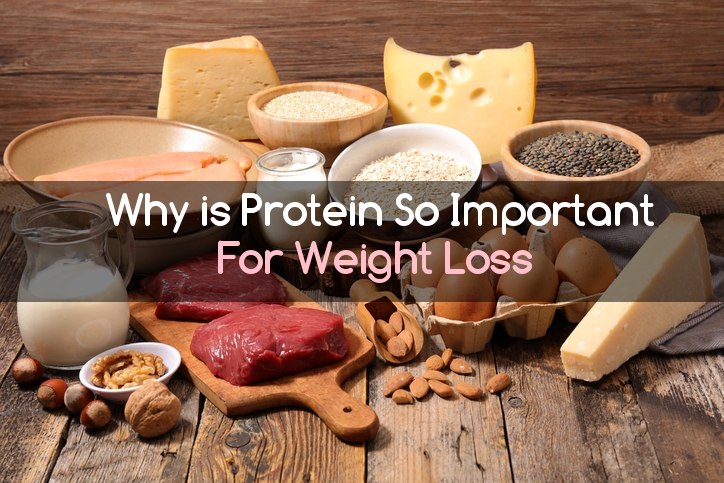
6. Protein as a Nutrient
Protein is essential for maintaining a healthy body. It aids in the growth and repair of tissues, helps transport nutrients, supports immune function, and plays a crucial role in enzymatic reactions within the body.
When it comes to weight loss, incorporating an adequate amount of protein in your diet is essential. Protein is an essential nutrient that plays a crucial role in various bodily functions, and it offers numerous benefits specifically for those aiming to shed some extra pounds.
One of the primary reasons why protein is important for weight loss is its effect on metabolism. Compared to carbohydrates and fats, protein has a higher thermic effect, meaning that it requires more energy to digest and process. By consuming protein-rich foods, you can boost your metabolism, as your body works harder to break down and utilize the nutrients.
Protein is also known for its ability to increase satiety. Including protein in your meals can help you feel full for longer periods, reducing hunger cravings and preventing overeating. By keeping you satisfied, protein can contribute to creating a calorie deficit, which is essential for weight loss.
Furthermore, protein is crucial for maintaining and building lean muscle mass. During weight loss, it is common to lose muscle along with fat. By consuming adequate protein, you can preserve your muscle mass and even promote muscle growth. This is particularly beneficial as lean muscle mass contributes to an increased metabolism, helping you burn more calories even at rest.
In addition, protein can help stabilize blood sugar levels. When you consume protein, it slows down the absorption of glucose into the bloodstream, preventing sudden spikes and crashes in blood sugar levels. Stable blood sugar levels are essential for managing cravings, avoiding energy slumps, and promoting a balanced diet.
When incorporating protein into your diet for weight loss, it is important to choose lean sources such as chicken, turkey, fish, tofu, lentils, and low-fat dairy products. These options are not only high in protein but also tend to be lower in calories and unhealthy fats, supporting your weight loss journey effectively.
In conclusion, protein plays a crucial role in weight loss due to its impact on metabolism, satiety, muscle preservation, and blood sugar stabilization. By including protein-rich foods in your diet, you can boost your weight loss efforts and improve overall health and well-being.
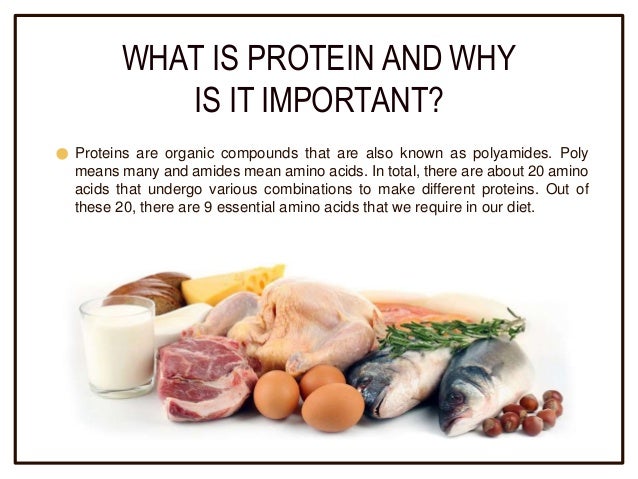
7. Maintaining a Balanced Diet
While protein is vital for weight loss, it's important to maintain a balanced diet. Incorporate protein-rich sources like lean meats, legumes, eggs, and dairy products along with a variety of fruits, vegetables, and whole grains for a well-rounded nutritional intake.
When it comes to achieving weight loss goals, maintaining a balanced diet is essential. One crucial component of a balanced diet is protein. Here's why protein is important for weight loss:
- Supports Muscle Development: Protein is the building block of muscles. When you consume adequate protein, it helps repair and build muscle tissues. This is beneficial during weight loss as it can prevent muscle loss while your body burns fat for energy.
- Increases Satiety: Including protein in your meals can help you feel full and satisfied for longer periods. It has a higher satiety value compared to carbohydrates or fats, reducing the likelihood of overeating or snacking on unhealthy foods.
- Boosts Metabolism: Protein requires more energy to digest compared to carbohydrates or fats. This means that your body burns more calories when digesting and processing protein-rich foods. Consequently, it can contribute to a faster metabolism and increased calorie expenditure.
- Aids in Fat Loss: Consuming protein can assist in promoting fat loss by increasing the thermic effect of food (TEF). TEF is the energy expended during digestion and protein has the highest TEF among the three macronutrients. By including more protein in your diet, you can potentially enhance your body's fat-burning capabilities.
- Preserves Lean Body Mass: When following a weight loss journey, it's essential to focus on losing fat while preserving lean body mass. Protein plays a crucial role in this aspect, helping maintain and preserve your muscle mass while losing weight. This can lead to a healthier body composition and improved physical performance.
- Provides Essential Nutrients: Protein-rich foods are often packed with other essential nutrients such as vitamins, minerals, and amino acids. These nutrients are vital for overall health and can contribute to the success of your weight loss journey by providing your body with necessary fuel and supporting various bodily functions.
- Supports Weight Maintenance: Incorporating protein into your diet can help you maintain your weight loss results in the long run. As it helps with muscle development and increasing satiety, it can aid in weight maintenance by keeping you satisfied, preventing muscle loss, and supporting an active lifestyle.
Remember, a balanced diet should include a variety of protein sources such as lean meats, poultry, fish, eggs, dairy products, legumes, and plant-based protein options.
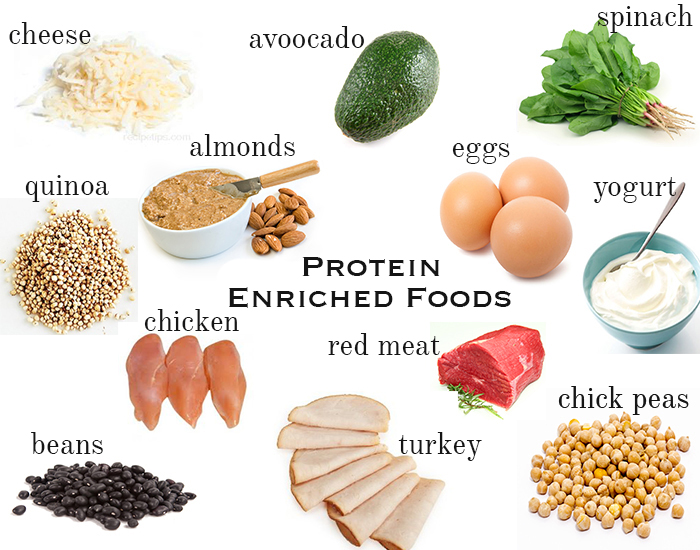
Key Takeaways
- Protein is crucial for weight loss as it aids in thermogenesis, satiety, muscle maintenance, and metabolism.
- A high protein intake helps in preserving muscle mass while promoting fat loss.
- Protein is an essential nutrient responsible for various bodily functions, including tissue repair and immune support.
- Maintain a balanced diet by incorporating protein-rich foods alongside fruits, vegetables, and whole grains.
FAQ
1. How much protein should I consume for weight loss?
The recommended daily protein intake for weight loss varies based on individual factors such as activity level and body weight. However, a general guideline is to consume around 0.8 to 1 gram of protein per kilogram of body weight. Consulting with a registered dietitian or nutritionist can provide personalized recommendations.
2. Can protein supplements aid in weight loss?
Protein supplements can be a convenient way to increase protein intake, especially for individuals with specific dietary needs. However, whole food sources of protein are recommended as they also provide essential nutrients and fiber. Protein supplements should be used as a supplement, not a replacement for a well-balanced diet.
3. Are there any risks associated with high protein intake?
While protein is beneficial, consuming extremely high amounts may strain the kidneys and lead to health issues for individuals with existing kidney problems. It's essential to maintain a balanced diet and consult with a healthcare professional or nutritionist to determine your specific protein requirements.
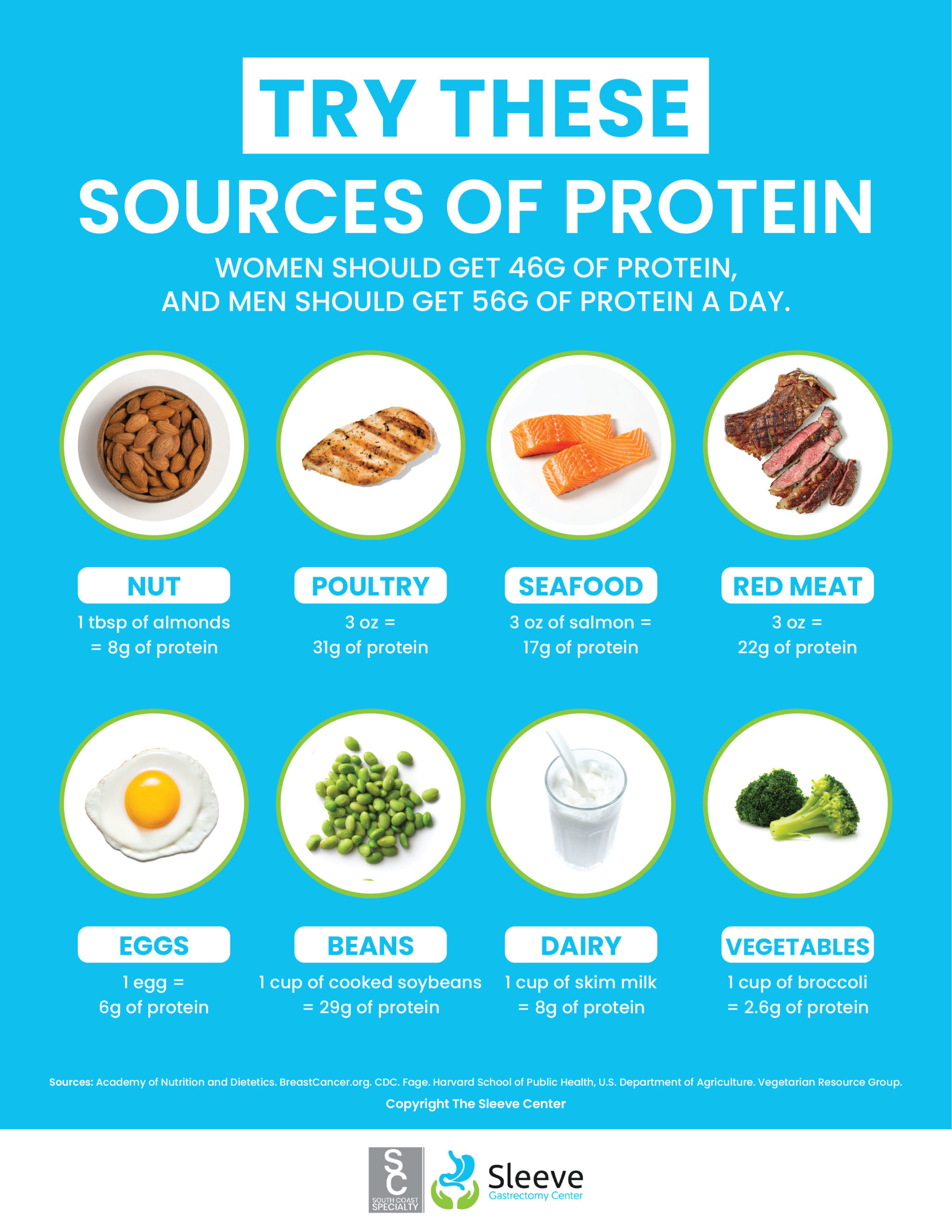


Recent Comments